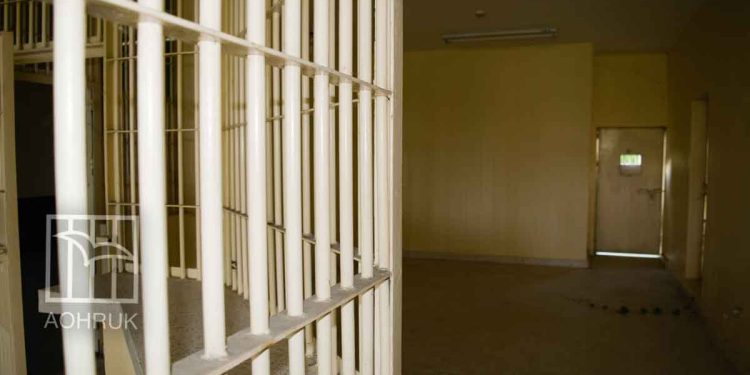Saudi activist Israa al-Ghomgham completes nine years in detention, entering her tenth year, and becoming a stark example of the authorities’ repression of critical voices.
In December 2015, Saudi authorities arrested human rights activist Israa al-Ghomgham after participating in peaceful protests calling for political and social reforms.
During her detention, al-Ghomgham was subjected to a number of serious violations, as she was subjected to physical and psychological torture and was forcibly disappeared for long periods.
Shockingly, in August 2018, the Saudi Attorney General called for her execution, in a dangerous escalation against freedom of expression.
Despite intense international pressure that prompted the authorities to back down from the death penalty, the Saudi judiciary sentenced al-Ghomgham to eight years in prison in 2021.
This sentence was supposed to end soon, but the Saudi authorities increased it to 13 years, confirming their continued use of the judiciary as a tool to silence activists, reflecting a recurring pattern of retaliatory practices against prisoners of conscience.
Al-Ghomgham’s case is a clear embodiment of human rights violations in Saudi Arabia, where individuals who express their peaceful opinions are subjected to repression and prosecution.
Al-Ghomgham’s arrest, torture and enforced disappearance constitute a violation of Saudi Arabia’s international obligations, including the Conventions against Torture and the Protection of Civil and Political Rights, which requires the international community to take a decisive stance towards this case and similar cases, since remaining silent in the face of these violations reinforces impunity and encourages further repression.




























